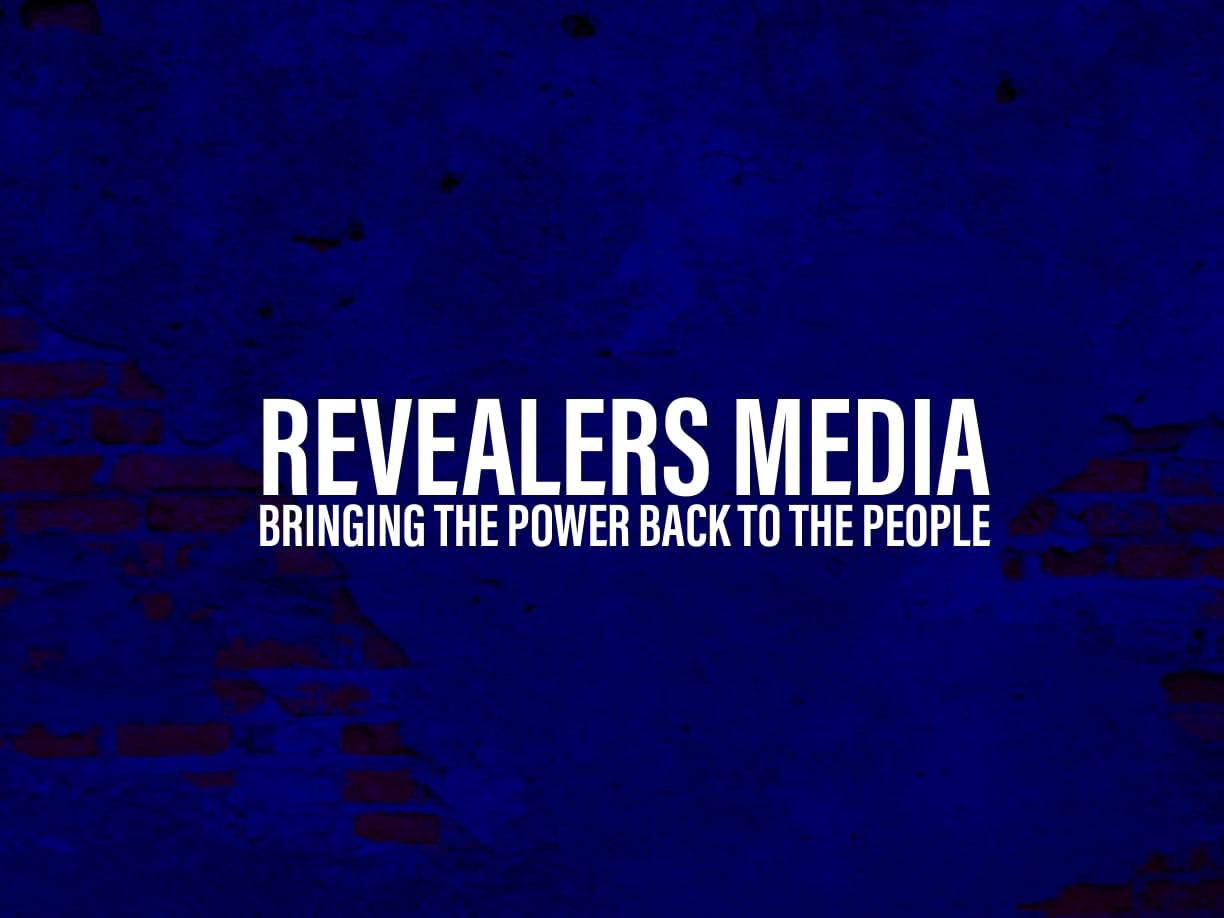How Fear and FOMO Drive Consumerism and its Negative Effects on Well-being and Sustainability
Economic growth is fueled by consumer spending, yet FOMO and fear-based advertising boost consumption, which encourages materialism and environmental deterioration. The negative effects of consumerism can be addressed, and policies that encourage sustainable production and consumption as well as expenditures in programs for education, healthcare, and social assistance can promote well-being and a more just and sustainable economy. For a happy and sustainable future, economic growth and well-being must be approached holistically.

The Role of Consumerism in Economic Growth
Economic growth is mostly fueled by consumer spending. In many affluent nations, consumer spending actually makes up about two thirds of GDP. As a result, companies and marketers spend a lot of money trying to get customers to buy more goods and services.
Using fear is one method that companies and marketers promote consumerism. Companies frequently employ the use of fear-based advertising to market their goods. For instance, a car manufacturer might broadcast an advertisement showing the risks of using an outdated vehicle, suggesting that the viewer's present vehicle may not be sufficiently safe. Because it appeals to people's emotions and makes them feel exposed, fear-based advertising can enhance consumers' desire to buy the offered product.
The FOMO (fear of missing out) trend is one more strategy used to promote buying. A social anxiety disorder called FOMO is brought on by the conviction that others are enjoying or rewarding experiences more than oneself. Advertising goods or experiences as being exclusive or limited often plays into people's FOMO. Don't miss out on this unique deal, for instance, is a slogan that a clothing business might use to promote a limited-edition product. Because of the urgency and scarcity this produces, even those who don't absolutely need the product may be persuaded to acquire it.
The Negative Effects of Consumerism
While short-term economic growth may benefit from consumption, long-term repercussions on people and society may be harmful. Consumerism encourages people to place more emphasis on material items and external validation than on intrinsic values like relationships and personal development, which is one of its main negative repercussions. As a result, people may feel unfulfilled and unhappy because they believe their status and assets are insufficient to satisfy them in the long run.
Moreover, consumerism can harm the environment and society. Environmental degradation, including pollution, deforestation, and climate change, can result from the continuous production and consumption of products. Additionally, the pursuit of consumerism may contribute to social inequality because those who are unable to partake in consumer culture may feel left out or excluded from society.
Conclusion
In conclusion, there are many different ways that happiness and economic growth are related. Despite being crucial for wealth and development, economic growth is insufficient to foster pleasure and well-being. Consumerism, which is frequently utilized to promote economic growth, can have detrimental effects on people and society, including fostering materialism and accelerating environmental deterioration.
What's Your Reaction?
































